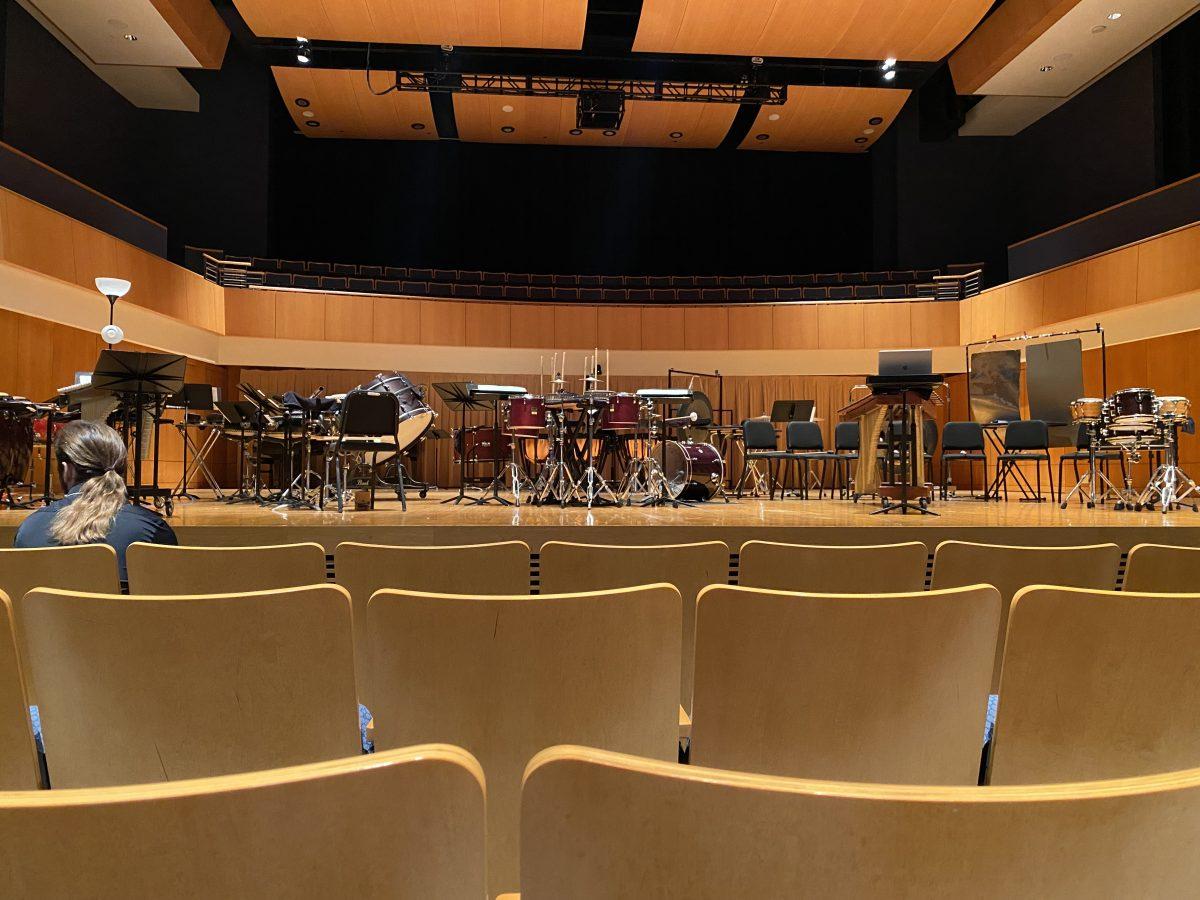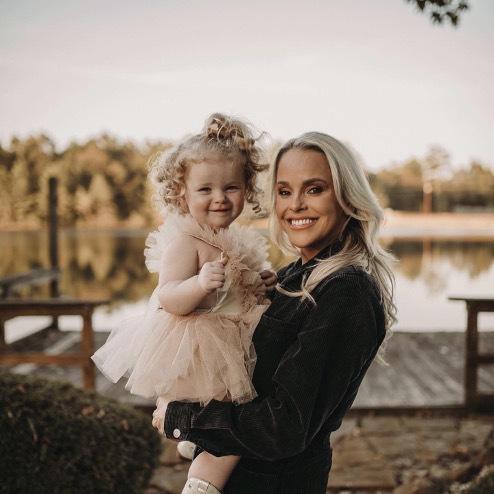With many general elections taking place Tuesday, the students and faculty of Sam Houston State University are once again asking, “Why isn’t SHSU a voting place?”
For decades, there have been several different student organizations and administrators that have pushed to make SHSU a polling location. The majority of students reside in Walker County for three to five years while undergoing their education, which qualifies those educated adults in the community, and gives them substantial grounds to vote.
“For the most part, we believe that SHSU should be a polling place,” President of Bearkat Democrats Hania Ahmed said. “The 18 to 29-year-old voting bloc has historically been low, so we think that having polling places at SHSU or any university would be beneficial.”
In the early 1970’s SHSU was granted a polling station on campus. Their success in obtaining a ballot box on campus was anything but easy.
In those days Walker County was dry, meaning the sale of alcoholic beverages was prohibited. The nearest place to purchase alcohol was in Trinity, so locals and college students were traveling out of town to go out to bars and liquor stores to buy drinks. The Student Mobility Committee, Student Government Association, National Association for the Advancement of Colored People and several other student organizations came together at the time and created a petition, in which several students, faculty members, and community members signed in favor to vote the town wet.
“Students were 40 percent of the delegates, and people at the courthouse, town’s people, and elective officials did not like the students voting,” Julian McMurrey, SHSU Student Body President in 1972, said. “It was during the Vietnam War, and we lead anti-war protests and marches. We were scared all the time and got threats from the Ku Klux Klan, and even Walker County Officials. The Vice President of Student Affairs hated my guts and tried to get me kicked out of school. It was scary, but we did not do it alone. With the mentorship and council of all those that helped us, the students became an electoral force in local politics is Huntsville. By voting, we were able to get the dorms Co-ed, de-segregate parts of campus, and make the town wet.”
Elliot T. Bowers, SHSU University President at the time, Walker County Judge Amus Gates and Professors Dr. Camfield and Dr. Frank Fair and his wife, as well as several student organizations, enabled the students of 1972 to make substantial changes in the Walker County area politically.
“If having a voting station on campus would increase the likelihood of students voting, then, like any measure that increases voter participation among any group, it strikes me as a good idea,” retired philosophy professor Frank Fair said.
McMurrey encourages all students to take advantage of their right to vote in Walker County and make a difference in the community in which they live.
“Get active and make changes for the students who live here,” McMurrey said. “You can change things in the county, state and federal level. It all starts locally.”
Anyone is qualified to vote in the state you reside as long as you are at least 18 years of age, a U.S. citizen and registered to vote in your county. To register to vote in Walker County, as well as any other counties, an individual must contact the County Tax Collector-Assessor office and register with them by mail or in person.
“It has been my experience that, as far as registering student voters is concerned, students are treated no differently than anyone else,” Fair said.
If a student moves to Walker County from a different county, they must contact the Walker County Tax Collector-Assessor office and file a change of residence before they can vote in Walker County. Also, changing their residence to Walker County cancels their registration in the former county, because no one is allowed to vote in two different places during the same election season.
The current polling location for Walker County is at the Walker County Annex on 13 Street, about four blocks from the SHSU campus. Some people expressed that fighting to obtain a polling unit on campus would be unreasonable since there is already a voting facility within walking distance of campus and that since some Walker County residents must drive miles from outside of town to vote at the Annex, the students should not be given a voting location on campus.
“If we had a polling place on campus, it would provide more opportunities to be informed with candidates running, because we would have a stronger voice in our county,” Ahmed said. “It would also provide incentives for candidates running to include our views and ideas when running our local government.
There are a few roadblocks that have been encountered when universities attempt to create polling locations on campus. One of which is the budget. Since there are four wards in Walker County, there must be four different polling locations – one for each ward – all of which must be staffed. For at least the two weeks during the election, at each location there should be four to five individuals running the ballot boxes; at least two of which will run primaries, at least two staff members running any of the other elections taking place at the same time, and security officials at each station. All of which are being paid by taxpayers. With each staff member being paid a minimum of $8.25 for their service, the cost reaches into the thousands for a campus voting location alone.
“There are some, however, that feel that making SHSU a polling place could ramp up animosity between people with different ideologies,” Ahmed said.
Another barrier is the 100-Foot Rule, which is a requirement in the law and prohibits all forms of campaigning or electronic devices within 100 feet of the entrance to the polling locations. This has the potential to disrupt the learning environment since this would require all cell phones, laptops, and political T-shirts, flyers, etc., to be absent within this 100-foot perimeter.
“We have the potential to change things for the better just by voting in elections,” Ahmed said. “I am completely for making SHSU a polling place. Being involved in the political process and being informed are extremely important, especially in a small town like Huntsville. Students make up a pretty good portion of the population, so why shouldn’t we be involved with whom we elect or with what propositions should be passed.”











